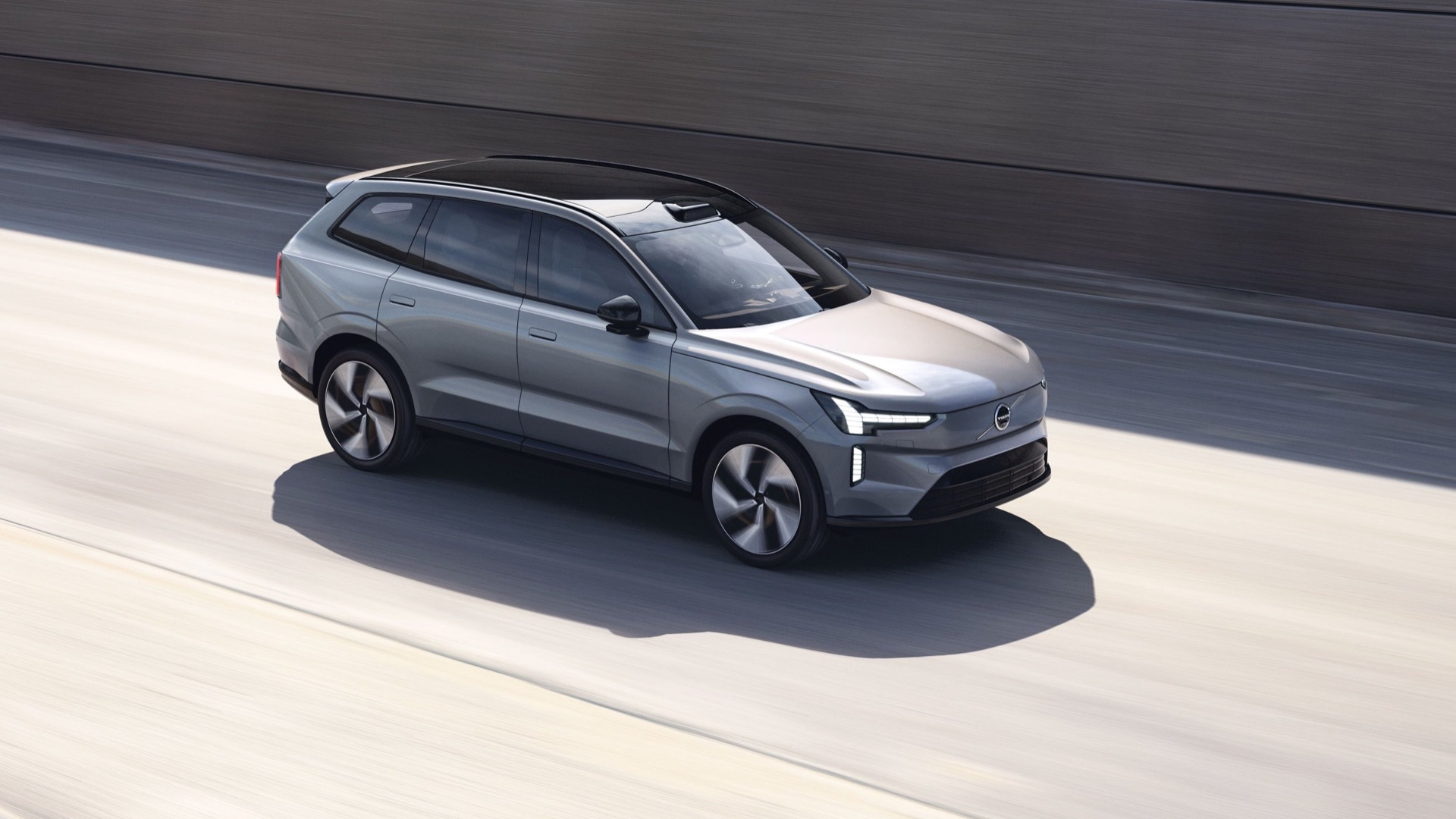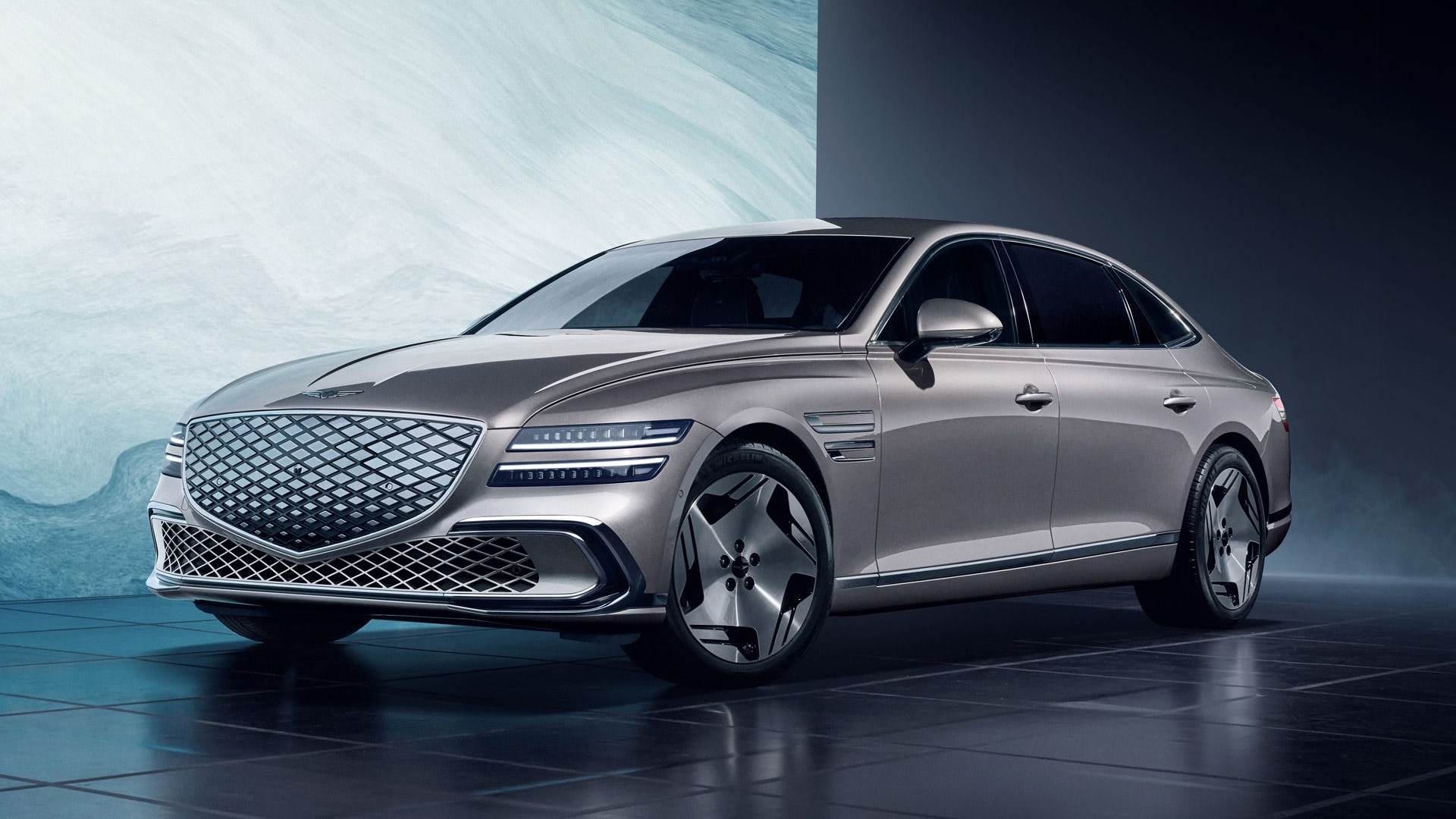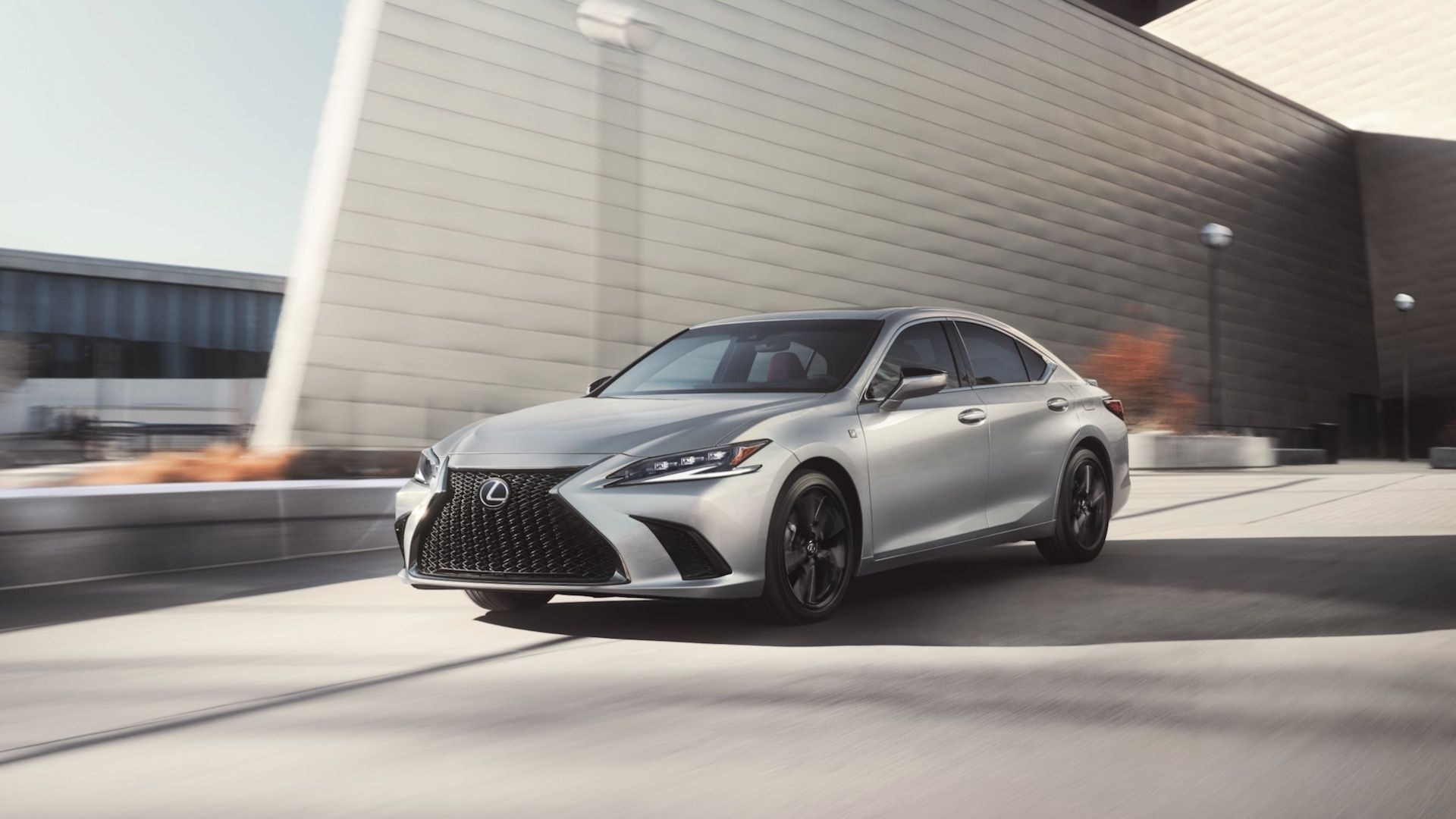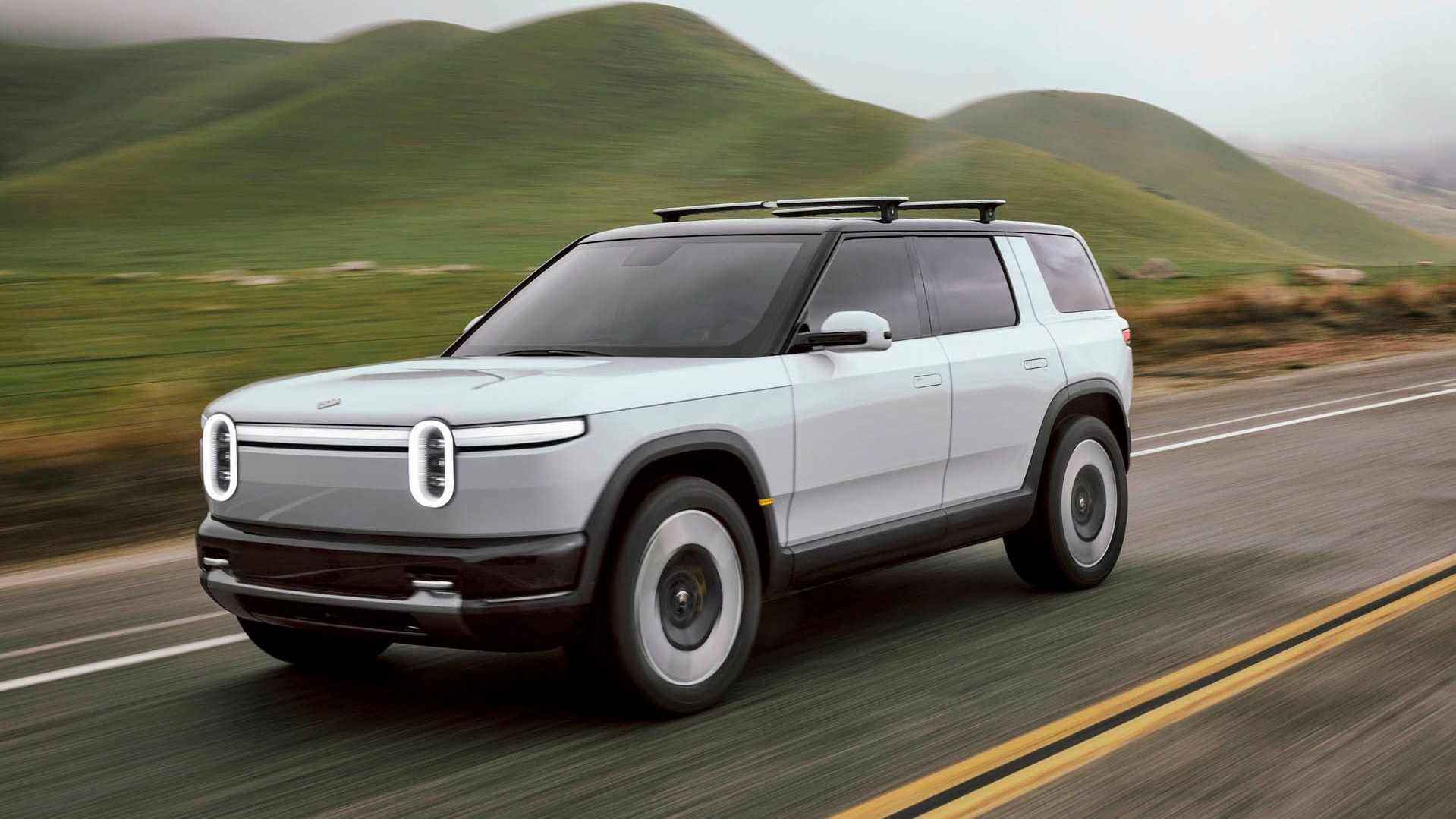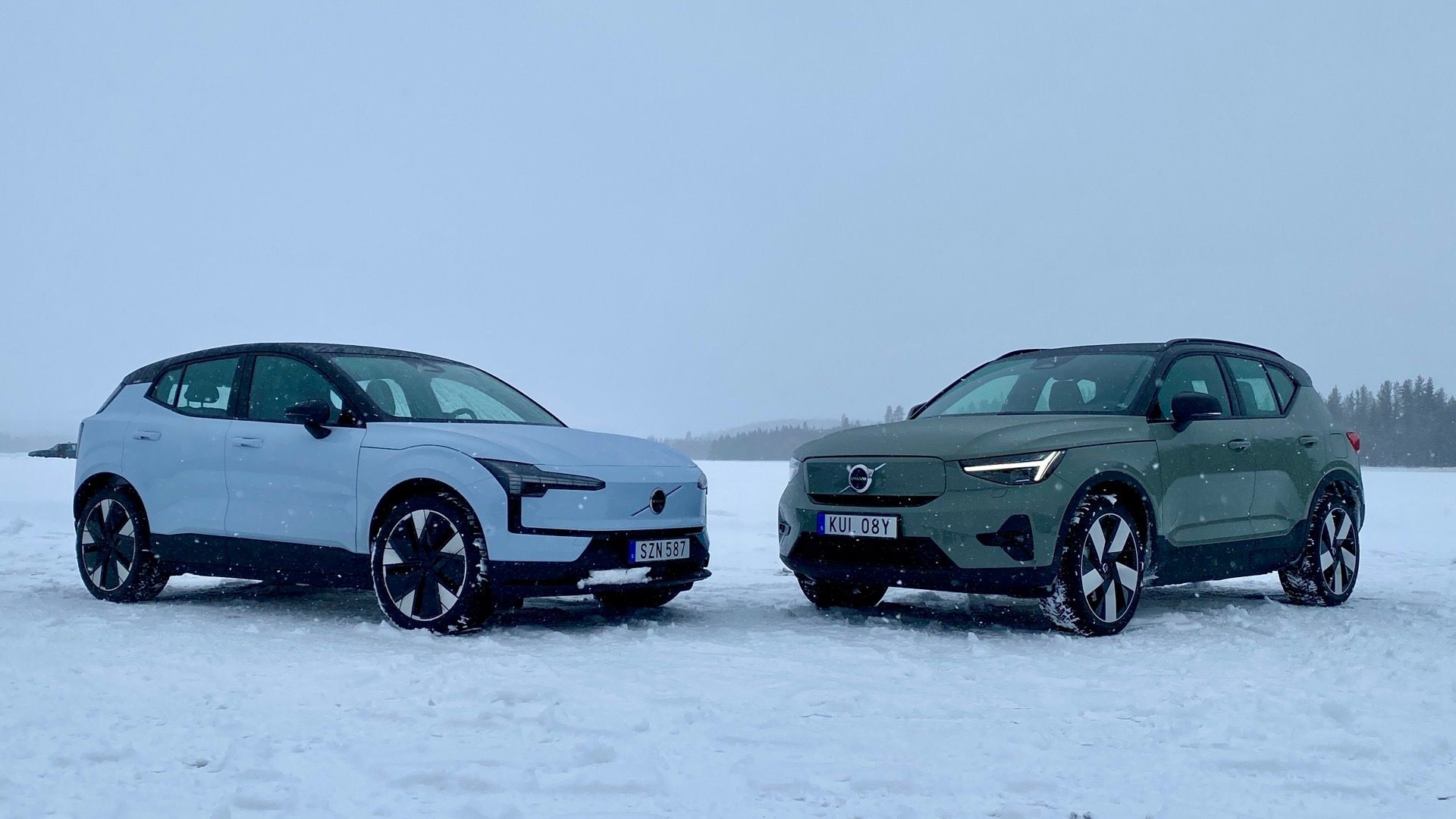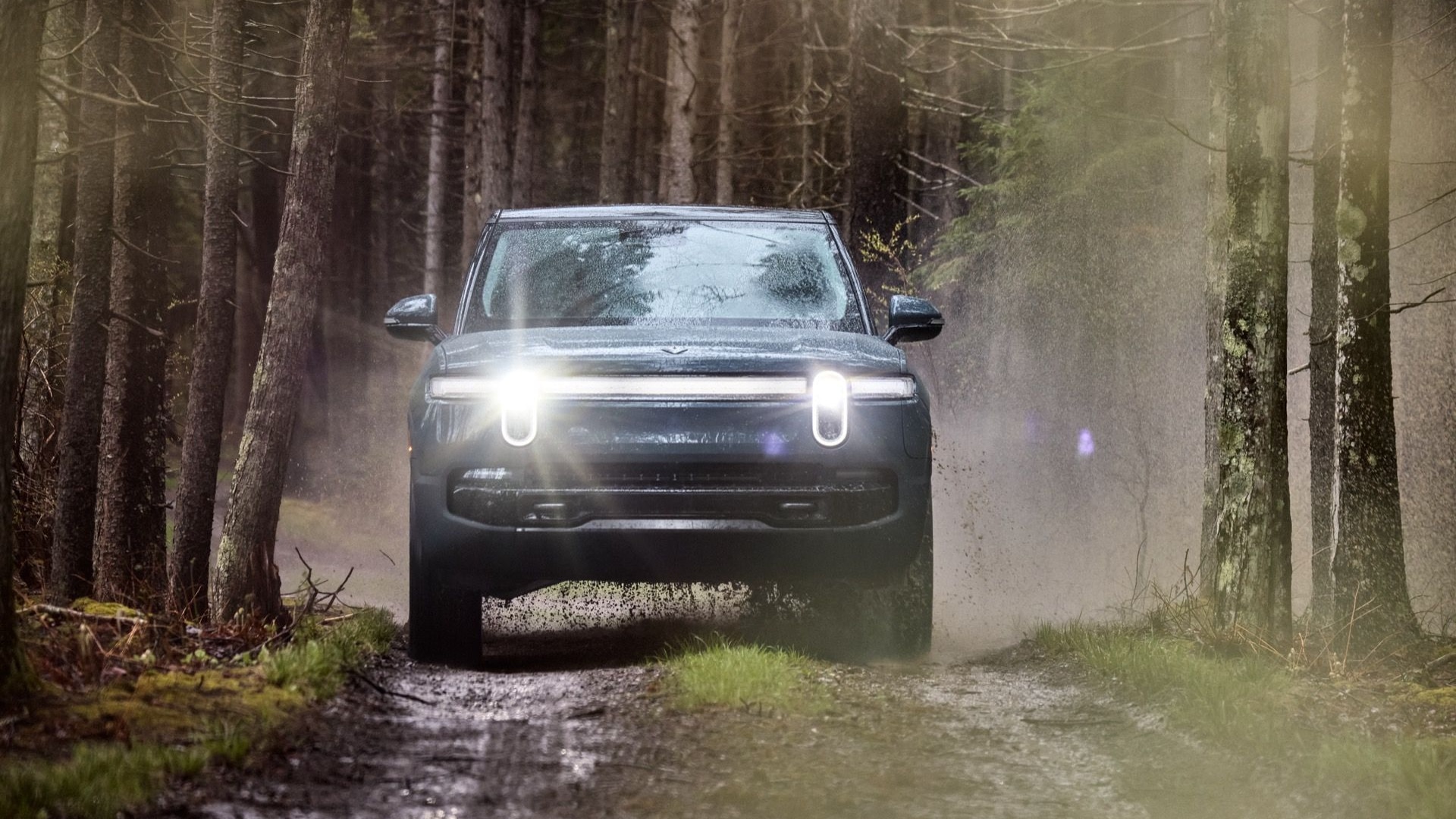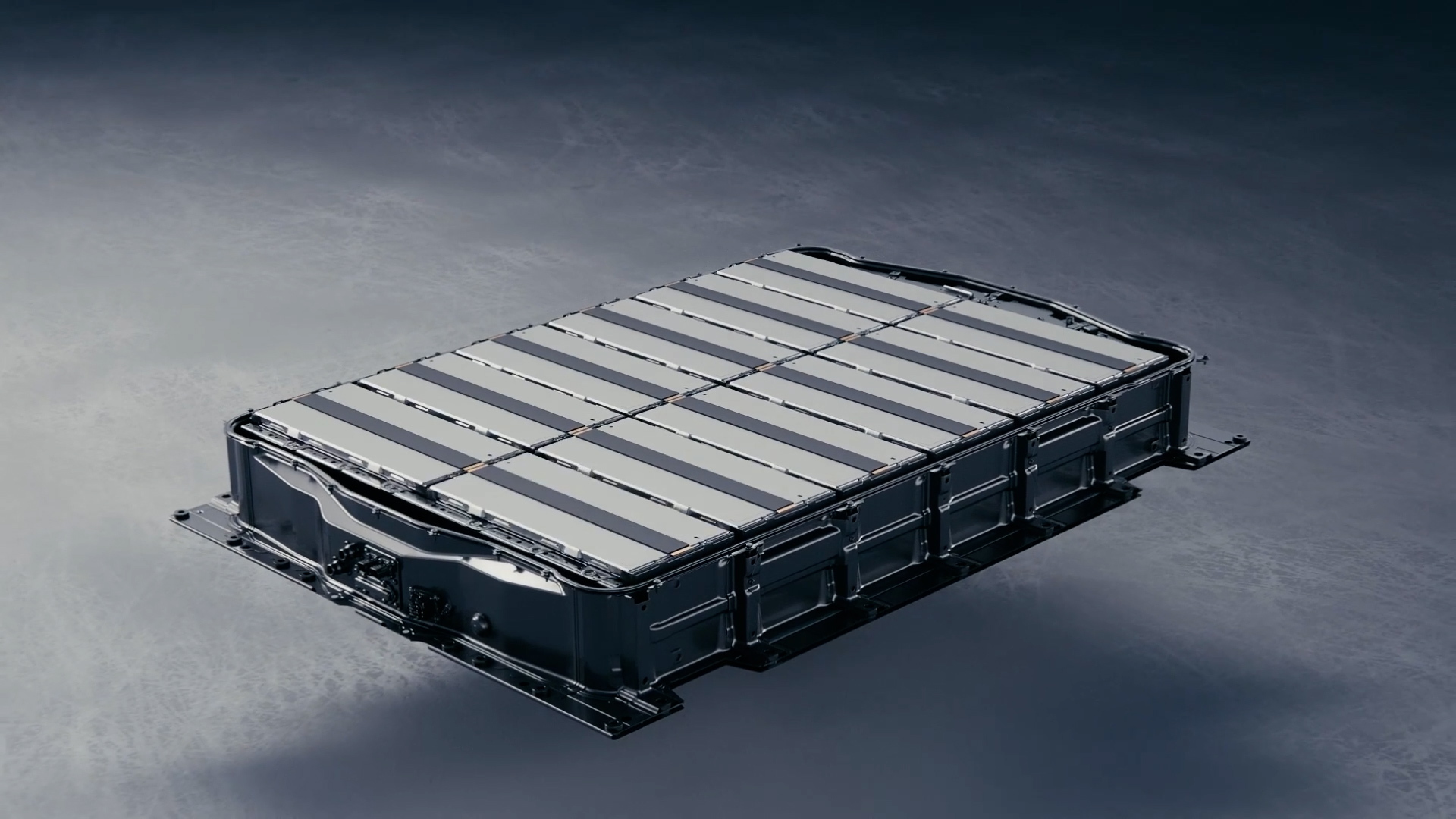- Certain used model year hybrids, plug-in hybrids, and EVs have higher-than-average problems
- Consumer Reports advises to stay away from the 2019-2022 Chevy Bolt and 2019-2021 Tesla Model S
- EVs often launch with new and complicated interfaces that frustrate owners
Used car prices have fallen 10% over the past year, with EVs seeing some of the biggest drops. But an unreliable used car can erode some of the savings from a low purchase price with heftier repair bills.
Consumer Reports on Monday highlighted used cars to avoid—with several hybrids, plug-in hybrids, and EVs among them. The list is based on data from the publication's Annual Auto Surveys, in which owners report problems with their vehicles for specific model years. The model years of EVs listed here showed higher-than-average rates of problems.
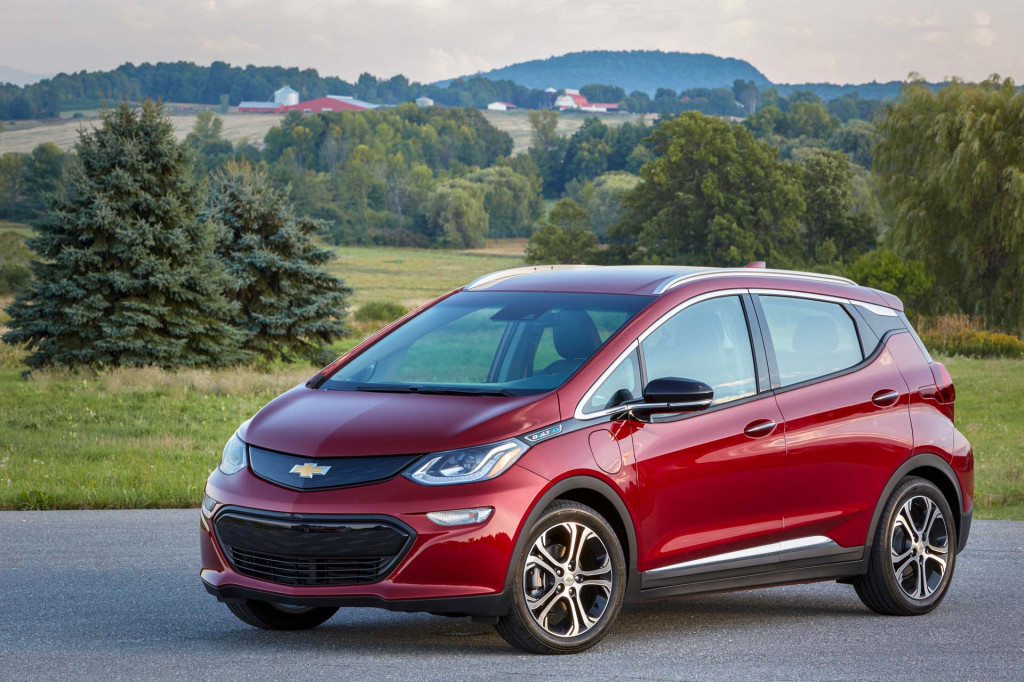
2019 Chevrolet Bolt EV
Electrified vehicles—including hybrids, plug-in hybrids, and EVs—accounted for more than 20% of the 60 models flagged as particularly unreliable. These included the 2022 Rivian R1T and Chevrolet Bolt EVs from model years 2019-2022, as well as certain model years of Tesla Model S and Model X.
While not exactly a reliability issue, the Tesla Model S and Model X model years listed overlap with the introduction of a steering yoke that Consumer Reports previously described as a pain to use—and possibly a safety concern.
This follows a 2023 survey in which Consumer Reports found that vehicles that plug in are more trouble-prone. On average, EVs had 70% more problems than internal-combustion vehicles, while plug-in hybrids averaged 146% more problems than non-hybrids vehicles.
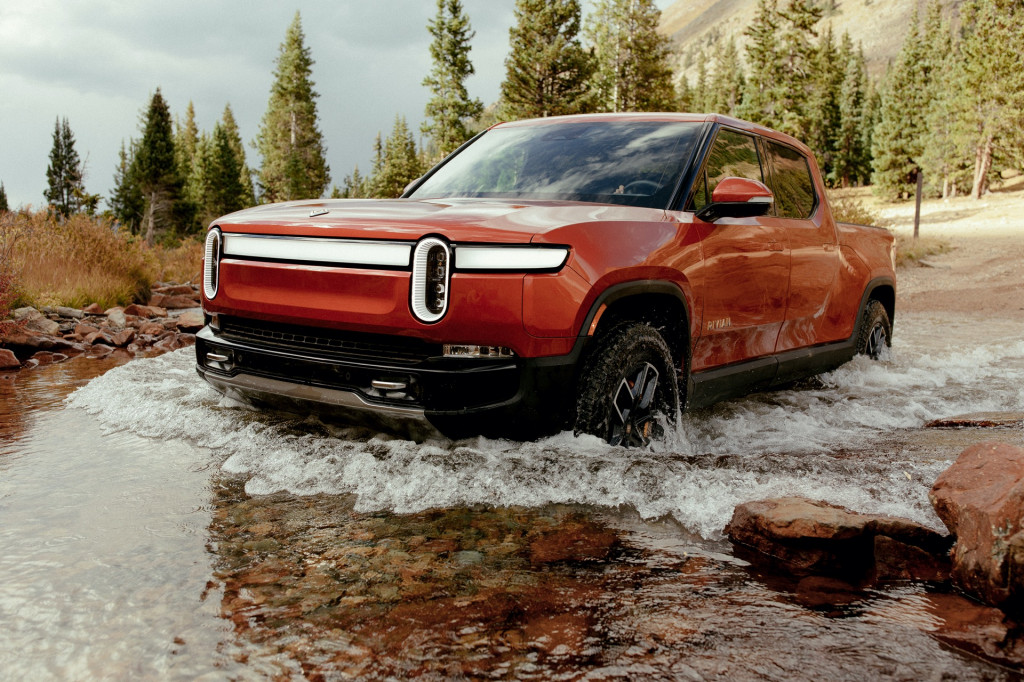
2022 Rivian R1T
Multiple studies have underscored that EVs are more trouble-prone than other vehicle types not necessarily because of their powertrains but often because of overly complex interfaces that automakers choose to adopt with them. Automakers' impulse to push high-tech features alongside electric powertrains appears to be the issue.
Here are the used hybrids, plug-in hybrids, and EVs to avoid by make, model, and year, according to Consumer Reports.
Used hybrids to avoid
- 2020 Ford Escape Hybrid
- 2021-2022 Ford F-150 Hybrid
- 2020 Hyundai Ioniq
- 2019 Kia Niro
Used plug-in hybrids to avoid
- 2018, 2021-2022 Chrysler Pacifica Hybrid
- 2022-2023 Volvo XC60 plug-in hybrid
Used EVs to avoid
- 2019 Audi E-Tron
- 2019-2022 Chevrolet Bolt EV
- 2022 Hyundai Ioniq 5
- 2019 Hyundai Kona Electric
- 2022 Rivian R1T
- 2019-2021 Tesla Model S
- 2018, 2022 Tesla Model X
- 2021, 2023 Volkswagen ID.4
